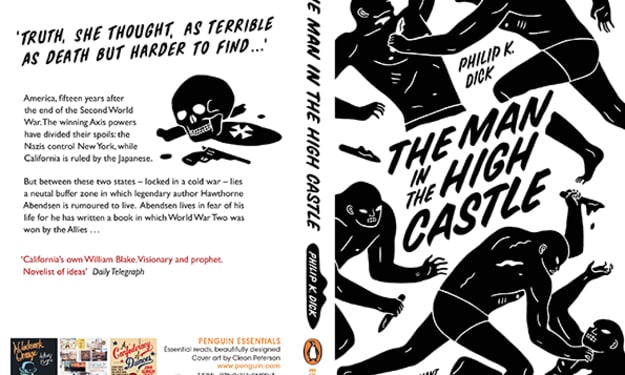
Remember GATTACA, the movie featuring Ethan Hawke living in a world where the genetics of people are improved because they use biometrics to help edit the genes of those subjected to disorders?
The main character was born with risks of having a disorder and a short life expectancy.
He was deemed invalid by the society and was assigned jobs he didn't want to do. His dream job was to become an astronaut, something an invalid like him couldn't achieve.
The biometrics used in the movie is becoming our reality soon and this technology is called CRISPR, which is short for Clustered Regularly Interspaced Short Palindromic Repeats.
This technology uses an enzyme called cas9, which is an enzyme that breaks down the phosphodiester bond formed between two hydroxyl groups (-OH), they form the backbone of the deoxyribonucleic acid.
The Cas9 system was found by scientists Emmanuelle Charpentier and Jennifer Doudna when they were studying a streptococcus bacteria. In between the DNA of the bacteria, they noticed that there were spacer DNA.
But these spacer DNA matched with the viral DNA of bacteriophages. The bacteria has the cas9 system to help fight the phages by using the spacer DNA.
If the viral DNA of the bacteriophage isn't identical with the spacer DNA, another protein from the cas-system is used, this protein takes the DNA of the phage and transcripts it into their DNA, forming another spacer DNA, it is basically the immune system of the bacteria.
The scientists then came up with an idea that with the endonuclease cas9, we can 'cut' the DNA at parts that have caused the mutation and with this, the DNA of a person is then changed and fixed.
With this technology, we can perhaps change our eye color and maybe even cure cystic fibrosis and all life-threatening diseases whose location in the DNA we know of.
The enhancement of CRISPR has come a long way since 2015, in a recent article by FIERCEBIOTECH, it was said the technology had recently helped with hearing-loss.
Half of those with hearing loss are caused by their genes so it is no surprise that there would be calls upon CRISPR.
Sickle cell anemia and beta thalassemia are genetically inherited blood disorder from our ancestors, the blood disorders create abnormally-shaped red blood cells and decreased red blood cell count.
Sickle cell anemia is an autosomal recessive disorder and is found on chromosome 11 at loci 11p15.5 while in beta-thalassemia is found on the HBB gene on the same chromosome.
There are trials of using CRISPR to help with these two disorders beginning in 2018 and 2019 by Stanford.
Internationally, the Chinese scientist had just conducted a trial of using CRISPR on an adult human with lung cancer at the Sichuan University.
Next year, at the Nanjing University's Drum Tower Hospital, altered genes are going to be injected into a person with a rare head and neck cancer called nasopharyngeal carcinoma.
Around 20 patients with the carcinoma, lymphoma and gastric cancer are participating in the trial next year.
While in the States, their first trial is still undergoing. Would this trigger a 'Sputnik 2.0' between the Chinese and Americans, would this be a race between the two sides of the world amidst the political crisis?
Which side would deliver the most important scientific breakthrough of our generation?
So, yes, with CRISPR we are one step closer to curing all the other life-threatening illnesses and having a better future for our upcoming future.
*Bacteriophages are viruses that grow inside a bacteria.
*Loci are positions of gene-markers on a chromosome.
Chromosome Nomenclature

Understanding the loci of a chromosome from this simple nomenclature.
GENE-EDITING
Understanding the most important breakthrough of our society.
About the Creator
Sarah Lee
Write about whatever catches your eye and gets your brain firing.






Comments
There are no comments for this story
Be the first to respond and start the conversation.